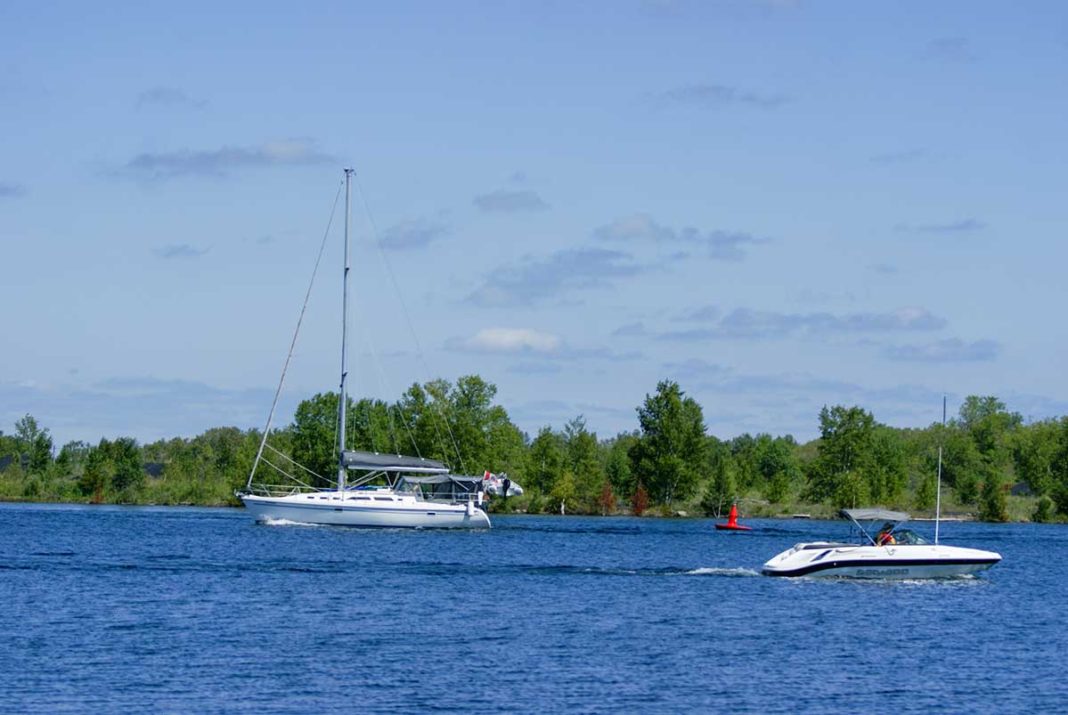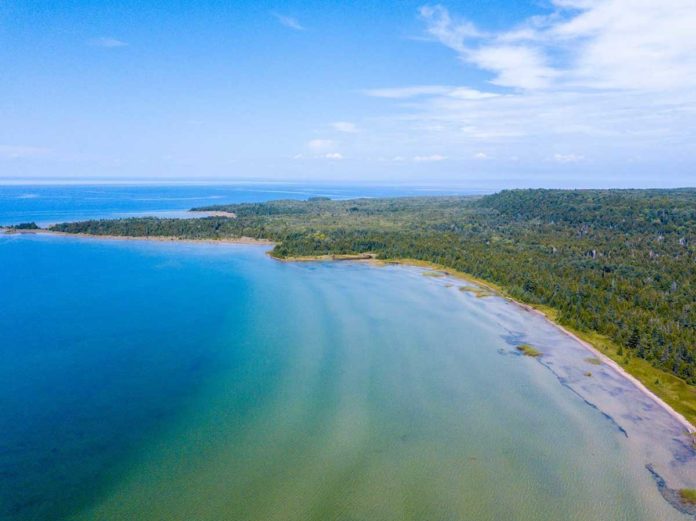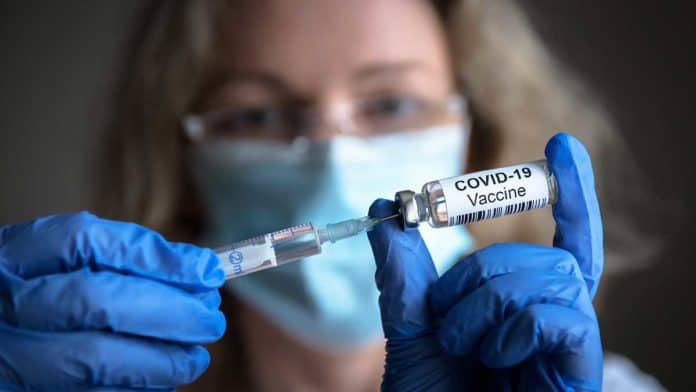TORONTO – The Great Lakes system is the largest freshwater lake system in the world, making up approximately 20 percent of the world’s surface freshwater. The Great Lakes are a treasured resource that are integral to the physical, social and economic life of both Ontario and Canada, supporting almost 40 percent of Canada’s economic activity.
Fifty years ago, in 1971, Canada and Ontario signed the first Great Lakes Agreement and on May 27, 2021 signed the ninth Canada-Ontario Agreement on Great Lakes Water Quality and Ecosystem Health (COA). This agreement sets out specific actions each government will take to protect and restore the Great Lakes, such as preventing toxic and nuisance algae, improving wastewater and stormwater management, reducing plastic pollution and excess road salt, restoring native species and habitats and increasing resilience to climate change.
The Environmental Registry of Ontario received over 1,400 comments on the proposed new agreement during the period of July 5, 2019 to September 4, 2019. Many Canadians, including here on Manitoulin Island, rely on the Great Lakes as a source of drinking water and food. Almost 60 percent of Ontarians rely on the Great Lakes for drinking water. They also offer a multitude of healthy recreational opportunities including boating and swimming. The Great Lakes ecosystem is under threat from wastewater discharge, high phosphorus and nutrient loads, increased development, microplastics, pollution and other contaminants, invasive species and the impacts of climate change.
Government partners say the ninth agreement includes a renewed commitment to completing environmental clean-up actions, conserving key habitats around the Great Lakes and continuing the restoration of Lake Erie, and includes a new focus on protecting Lake Ontario, supporting nature-based recreation opportunities and strengthening First Nation and Métis engagement in the implementation of the agreement.
In a statement, Minister of Environment and Climate Change Jonathan Wilkinson said, “The Great Lakes are an invaluable resource to millions of Canadians, holding more than a fifth of the world’s surface freshwater. Today’s new agreement, which marks 50 years of Canada-Ontario Agreements on the Great Lakes, is an important step toward creating a cleaner, healthier future. I am pleased to see this critical commitment between our two governments to continue protecting and restoring the Great Lakes for future generations.”
Ontario invests approximately $14 million per year in actions to protect and restore the Great Lakes. Through the Great Lakes Protection Initiative announced in 2017, Canada is investing $44.84 million in science and action to address environmental challenges affecting the lakes while other Canadian federal programs such as the Canadian Agricultural Partnership, Chemicals Management Plan and Nature Fund also contribute to the protection of Canada’s freshwaters, including the Great Lakes.
“The previous Canada-Ontario Agreement allowed my ministry to undertake important work, such as restoring over 2,400 hectares of habitat and rehabilitating almost 32 km of tributaries in the Great Lakes basin ecosystems. With this new agreement, my ministry is committed to the prevention and management of aquatic invasive species of conserving our native species and habitats,” said John Yakabuski, Ontario minister of natural resources and forestry in a statement.
Ontario Agriculture, Food and Rural Affairs Minister Ernie Hardeman added, “As a critical shared resource, protecting them (Great Lakes) is also a shared responsibility. That’s why Ontario supports sustainable farming practices that build soil health, enhance water quality and develop resilience to a changing climate.”
The Manitoulin Expositor





